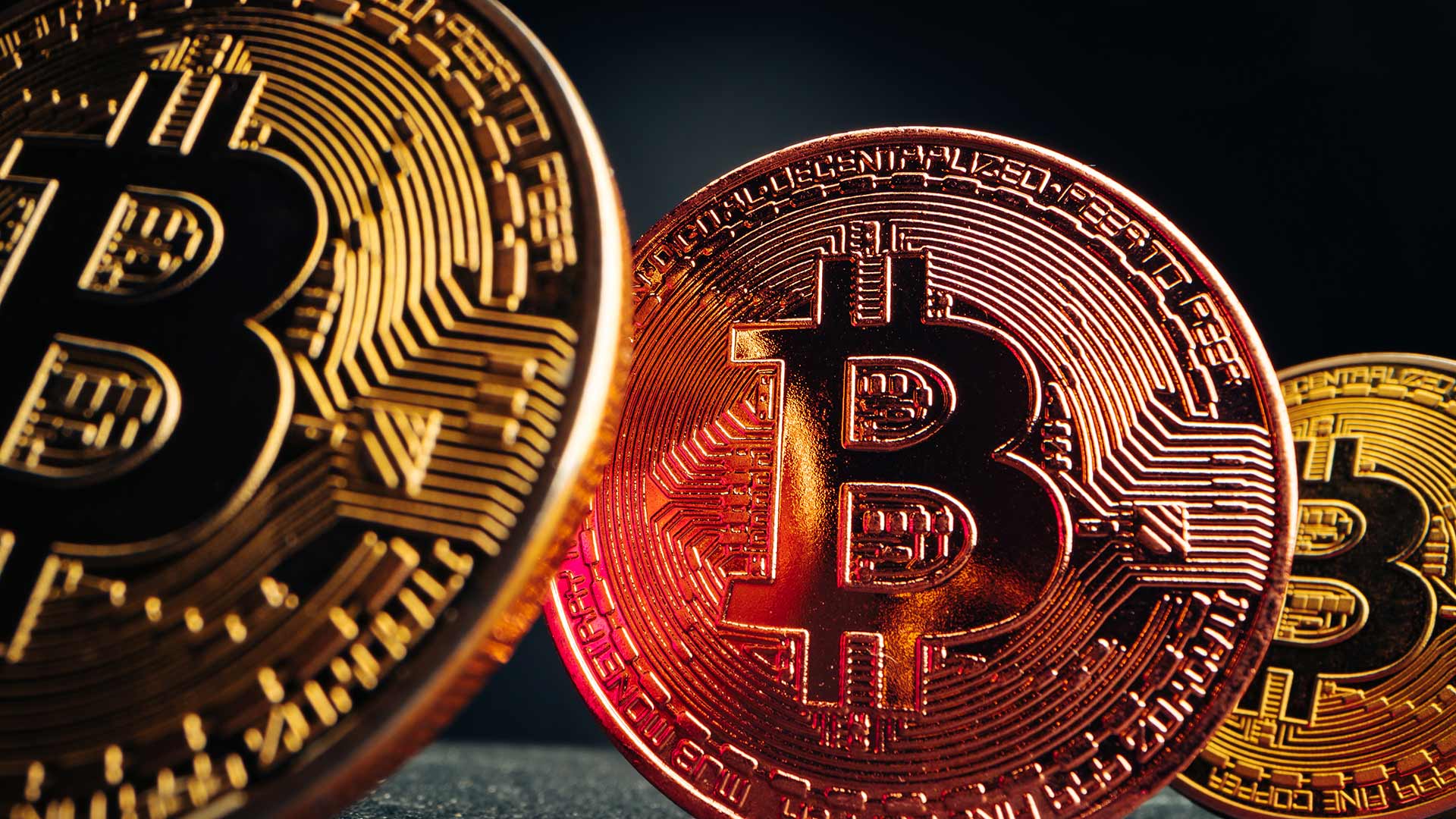The crisis in Ukraine has highlighted the power of bitcoin, and other cryptocurrencies, as a borderless peer-to-peer payment system that gives an alternative to a banking system that is under stress. On the flip side, however, it is also under the spotlight for the role it plays in evading Russian sanctions.

Ukraine has been genning up on digital currencies and launched a pilot of its own central bank issued currency, the e-hryvnia, as a digital substitute for cash. That project was scuppered – or at least put on the back burner – now it is at war with Russia. Its recently-acquired crypto chops have been put to good use though.
In mid-February, Ukraine’s parliament passed a bill to make cryptocurrencies legal. And soon after, the country’s Vice Prime Minister and Minister of Digital Transformation, Mykhailo Fedorov, urged the ttwittersphere to donate to Ukraine’s war effort. “Now accepting cryptocurrency donations. Ethereum. Bitcoin and Tether,” he tweeted, along with the wallet codes needed for the transactions.
Suppliers of military equipment have reportedly been accepting crypto payments, and the donations have already been spent on items such as bulletproof vests. And charities and non-governmental organisations (NGOs) have also been raising funds in cryptocurrencies, bypassing a banking system that is inefficient and under stress. As of 2nd March 2020, according to blockchain analytics provider Elliptic, US$59.7mn had been given in donations to the Ukrainian government and NGOs.
Necessity has also driven individuals to appreciate bitcoin as a purely peer-to-peer network. For some, it has been their only access to money.
On the flip side of the same coin, however, those features could also help Russians who ultimately will be impacted by sanctions. On 27th February, Fedorov tweeted: “I’m asking all major crypto exchanges to block addresses of Russian users. It’s crucial to freeze not only the addresses linked to Russian and Belarusian politicians, but also to sabotage ordinary users.”
This wasn’t met with the response he was hoping for. Kraken Exchange CEO, Jesse Powell, replied that the exchange wouldn’t take such action without a legal requirement to do so.
The CEO and Founder of Binance, one of the largest exchanges in the world, had a similar, although lengthier response. In a blog post, Changpeng Zhao, also known as CZ, emphasised that Binance does follow sanctions and enforces them. He writes, “Sanction decisions are made at the most senior levels of governments, with the support of legal legislature, law enforcement and even military powers. We don’t think it is right for businesses or platforms to unilaterally decide to freeze populations of users’ assets. There are normal Russian citizens in London and New York. Should a bank CEO in London have the power to unilaterally decide to freeze those people’s assets? On what grounds? Just because they don’t agree with the President of their country? What happens if they also do not agree with another head of state in another country? Should they have the power to freeze all assets of citizens of that other country too? Where does this stop?”
There has also been much focus on how Russia could use cryptocurrencies to evade sanctions. This, however, points out CZ, is something of a red herring. Only 3% of the world’s population has crypto exposure, and that would be less than 10% of their total assets. So, he reasons, for Russia that would only be 0.3% of Russia’s money. “Even if you block all of that, does it even move the needle? No.” Also, he adds, Russia doesn’t want to use crypto because it would devalue the ruble. He suggests that Russia may ban crypto for this reason.
For the observers that argue that cryptocurrencies facilitate money laundering, there are dozens more who point out that such transactions are visible on the blockchain – a shared and open ledger. This would be foolhardy way for someone to attempt to launder large amounts of money to evade sanctions, as it would all be on record for any law enforcement agencies to see.